Is 'honest politician' an oxymoron?
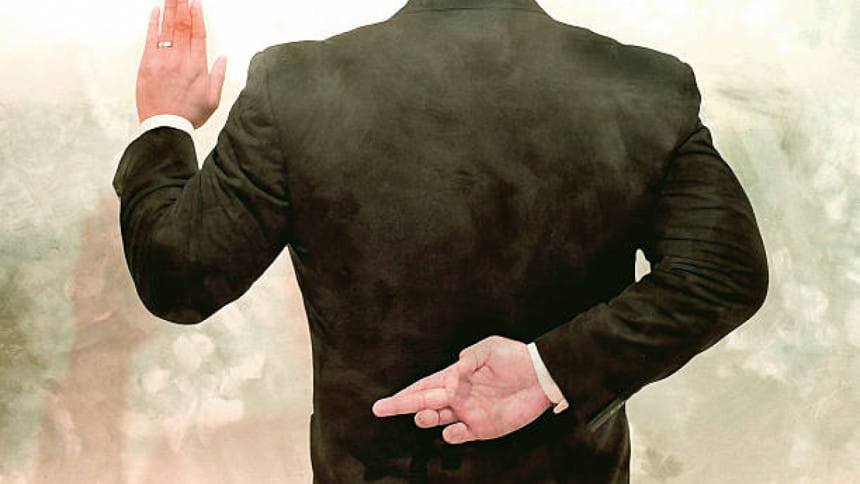
Politicians come in all shapes, sizes, and colours. Some come from ruling parties, some from the military, some from the world of business and entertainment, while some have their roots deep within the security sector of a state. Some politicians are charismatic, some are boring, and some are full of hot air.
Politics is all about power. And to politicians – most of whom lack an iota of personal integrity – power is control over their citizens, patriotism is servility, and democracy is absolutism. They use power to rig elections by allowing their cadres to stuff ballot boxes, and/or encourage their supporters to vote under the cover of darkness the day before the election. Or like Richard Daly, mayor of Chicago from 1955 to 1976, they are adept at making the dead vote for themselves. Or, as Stalin said, "The people who cast the votes decide nothing. The people who count the votes [lackeys of the politicians] decide everything." Or, according to a former governor of Louisiana, where election fraud is rampant, he could make the voting machines sing any tune he wants to.
Politicians manipulate public employees, use state funds for political campaigns, resort to terror by unleashing their ancillary groups that are thinly conceived and at times crudely manoeuvred, and grant extensive power to law enforcement agencies to arrest their opponents without warrant.
Before (s)elections, their words are the most beautiful ever uttered on behalf of democracy. But once (s)elected, they conveniently become amnesiac and their eyes become focused on the nation's treasury.
The sense of power leads politicians to indulge in unbridled corruption and ethical lapses. Their colossal hubris, high decibel level of hate speech, intolerance against differing views, use of uncivil language, kidnapping for political ends, and targeted killing to eliminate their foes dominate the political landscape of the third world.
For politicians, save a few, power also goes hand-in-hand with sex, greed, money, crime, and nepotism. That is why they use brute force and dirty tricks to stay in power.
To perpetuate their rule, politicians eliminate space for dissent by the opposition, and fine-tune the constitution more to their liking by eliminating amendments after amendments and introducing new amendments. They pass draconian laws to stifle dissent on social media, websites, and other digital platforms with the argument that times have changed and surely the founding fathers would not want them to live in an "analogue" age that is horribly out of sync with the modern digital age. Their target includes journalists, cartoonists, musicians, activists, entrepreneurs, students, peasants who cannot read or write, and even minors, among others.
Politicians seem to have a visceral need for enemies. They love enemies because by bashing them, they can stir up public's sentiment and distract their attention from the myriad of problems facing their nation.
Most politicians are egotistical, narcissistic maniacs, completely detached from their people, surrounded by stooges, toadies, and overzealous, greedy enablers. Their mind is programmed to believe that they are indispensable to the stability and well-being of their nations. Hence, they control the entire machinery of the state and its security apparatus.
Political hooliganism and criminal activities by politicians and their surrogates have lent credence to George Bernard Shaw's characterisation of politics as the "last resort for the scoundrels." If blanket use of Shaw's definition of politics and politicians seems derogatory, then a more pliant definition could be that it is the profession of people who lack talent for other professions.
Today, with the exception of a few, most politicians are liars extraordinaire. To score political points and advance their self-interest, they lie left, right, and centre. After all, when Bill Clinton said, "I did not have sex with that woman," he lied through his teeth to maintain a facade of morality. Exaggeration, omissions of truth, bending of truth, and sometimes flat-out lies are part of the arsenal of a competent politician in a high office.
People's perception of politicians worldwide is more strident. Most of them are seen as crooks who are corrupt to the core. When Nixon said, "I personally thought it [Watergate cover-up] was a stupid thing to do, apart from being an illegal thing to do," he negated his earlier utterance of the infamous five words "I am not a crook."
Crookery and double-dealing are what the Republicans in the US Congress are doing today. They sing songs of praise of their leader Donald Trump – the greatest thug, sexual predator, and tax dodger in the history of US politics. They are doing so in order to get reelected to serve their personal interests, to make deals on expediency, not principle, and cynically seek to manipulate the fragile democratic process rather than preserve it.
Bernard Shaw summed up a politician as a scoundrel who "knows nothing and he thinks he knows everything." The political satirist Jarod Kintz describes most of the scoundrels more bluntly. He notes, "I once saw a politician walking a dog and I thought, how absurd – an animal walking an animal. Then I thought, if given the choice, I'd rather vote for the dog."
So, what can be done to pull a politically sick country out of the morass of "filth, corruption, dishonesty and above all the criminalisation that has come to afflict" its social fabric? We often hear people saying, "Vote out the incumbents. If we cannot vote them out, then impose term limits." But the dynastic succession that is in vogue in many countries makes it difficult to bring about a change in the existing political culture. Furthermore, injecting integrity into and changing the status quo of a corrupt system is too unpalatable to politicians.
Finally, is it possible for a politician to be honest? Can we equate morality and politics? Is "honest politician" an oxymoron? Maybe yes, maybe no. Although honesty and politics are strange bedfellows. Historically, there have been examples, albeit rare, of patriotic and altruistic politicians. However, a politician who admits that he/she does politics for money and power is definitely an honest politician and deserves our kudos!
Dr Quamrul Haider is a professor of physics at Fordham University in New York, US.
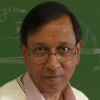
 For all latest news, follow The Daily Star's Google News channel.
For all latest news, follow The Daily Star's Google News channel. 
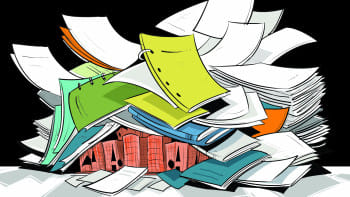




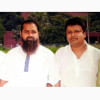

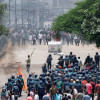

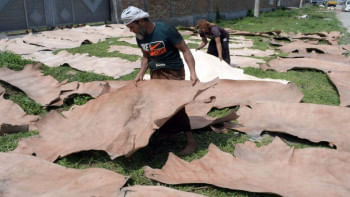
Comments